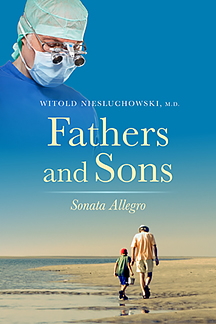There is quite a typical disclaimer printed in most of the novels. One can find it as close to the front page as possible.
This book is a work of fiction. Names, characters, descriptions, dialogue, plot, assessment concepts, test questions and charts, settings and incidents are products of the author’s imagination and are used fictitiously. Any resemblance to actual events, institutions, intellectual properties, names or persons, either living or dead, is entirely coincidental.
Sounds like the fine print of an instruction manual for a product, written by a lawyer and screaming, “I didn’t do it!” And if I did, “It’s not my fault!”
There is no reason to write this kind of renunciation, especially since most authors know it’s not true. Except to satisfy your lawyers and publishers.
Everyday life is full of stories. And most of the ideas for books are taken from real life. Some of the everyday events are so unreal, that the best plotters couldn’t come up with them. And they are all around us. One just has to keep his eyes and ears open and be sensitive enough.
Serendipity makes the life worth living. And the real life characters are more interesting than cardboard characters from made up stories in phony novels. I found enough stories in my life and met enough interesting people to create compelling plots for my book. And my second. And the ideas for the third. And I am not shy about it. I just had to put it in a proper order and fill up the spaces in-between.
Then reading Wallace Stegner’s On Teaching and Writing Fiction, I came across this paragraph about writer’s creative process. I was hit by his perfect expression of my thoughts.
Because he writes fiction in order to reflect or illuminate life, his materials obviously must come out of life. These materials are people, places, things–especially people. If fiction isn’t people, it is nothing, and so any fiction writer is obligated to be to some degree a lover of his fellowmen, though he may, like the Mormon preacher, love some of them a damn sight better than others. The people of his stories and novels will be, inevitably, but in altered shapes, the people he himself has known. The flimsy little protestations that mark the gate of every novel, the solemn statements that any resemblance to a real person living or dead is entirely coincidental, are fraudulent every time. A writer has no other material to make his people from than the people of his experience. If there is no resemblance to any real person, living or dead, the character will be pretty unconvincing. The only thing the writer can do is to recombine parts, put two or three people into one fictional character, and pray the real life prototypes won’t sue. (Penguin, pages 4-5)
I was looking for such a clear expression for a while. It came from the great teacher of writing.
And there is more.
Mediocre writers borrow,
Great writers steal.
T.S. Eliot
I’m sure it’s overreach. But it helps to make my point.


